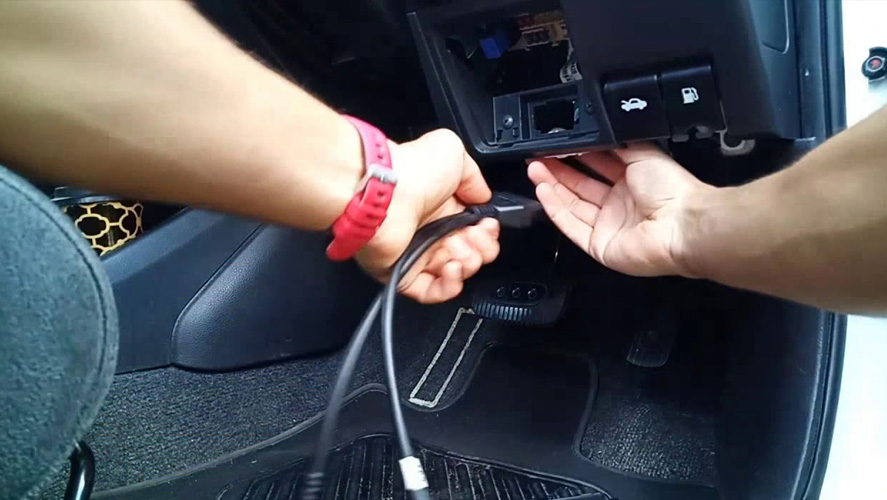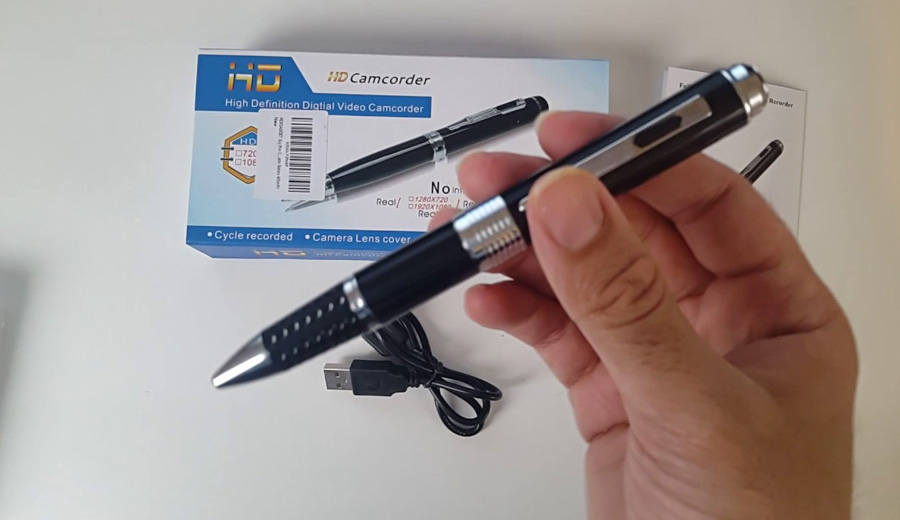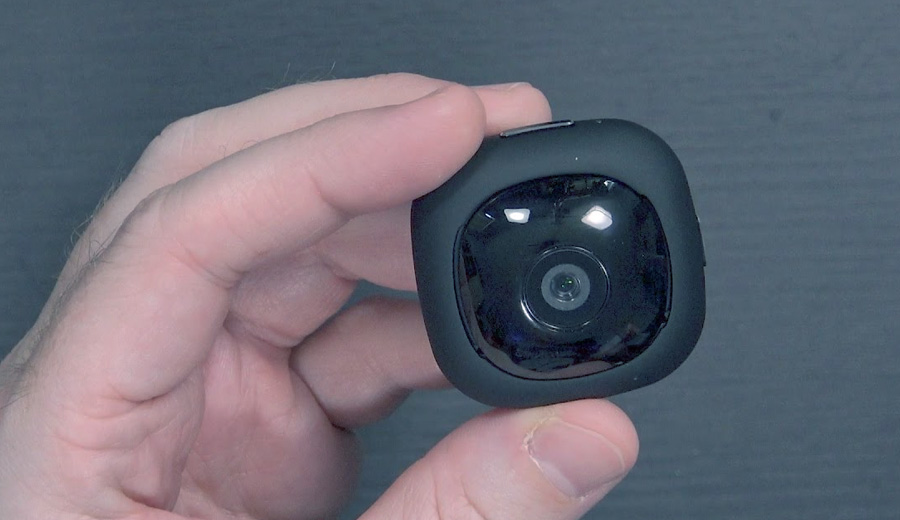GPS tracking has become an indispensable tool for various applications in our modern times, ranging from personal use to extensive business operations.
One useful innovation in this field that’s been around for a while now, is the OBD GPS tracker. A product that has been widely accepted due to its efficiency and versatility.
As you have guessed it, this article focuses on OBD GPS trackers. We’ll learn what these gadgets are, why not just use a traditional GPS tracker instead, and who benefits the most from these trackers. More importantly, we’ll see if integrating this technology into our daily life is necessary.
How Does an OBD Tracker Work?
OBD, or On-Board Diagnostics, refers to the self-diagnostics and reporting ability of a vehicle. Autos today roll out with OBD systems installed, and the combination with GPS tracking makes them even more powerful.
A mini device called an OBD GPS tracker simply plugs into a car’s OBD port, which is usually found at the driver’s compartment. This is a port that is standard in almost all the automobiles made post-1996 or so, and gives critical information about the vehicle (emission tests, diagnostics data, even real-time engine data can be reported using this technology).
This connection enables the OBD GPS trackers to not only retrieve diagnostic data, but also to locate a vehicle in real time through the use of GPS technology.
In essence, it converts the car into a smart-mobile that can be monitored remotely with regards to its current location, speed and other parameters. Since the OBD GPS trackers are easily integrated with vehicles’ existing systems, they are easily installed without the need for a separate power source thereby making them user-friendly.
This concept entails connecting the device with the vehicle’s onboard diagnostics data stream, acquiring vital data, and sending it to either a central system or user interface. With this real-time data transmission, users can track movements of the vehicle, be alerted on selected events such as speed, maintenance requirements and generate historical records for later analysis.
Why OBD GPS Tracker is Better than Generic GPS Tracker?
OBD GPS trackers are a step further compared to the ordinary location monitoring of the conventional GPS trackers.
Extra information about vehicle’s health and performance is easily accessible via incorporation with OBD system. In addition, this improves your knowledge about the car as well as facilitates future maintenance and helps with effective car fleet management.
- Real-Time Diagnostics: The OBD GPS trackers allow real time access to the diagnostic data of the vehicle such as engine condition, mileage, speed, and fuel consumption. Such information gives users a chance to deal with problems early thereby eliminating breakdowns and costly repairs.
- Plug-and-Play Installation: Unlike generic GPS tracking devices that may require complex installations and external power sources, OBD GPS trackers are designed for user-friendliness in mind. They plug directly into OBD port, that’s it. It makes installation easy even for folks with minimal tech knowledge.
- Comprehensive Tracking: In addition to location tracking, OBD trackers offer a comprehensive suite of tracking features. Things like: tracking driving behavior, maintenance alerts, and geofencing among other security measures are a breeze with OBD devices.
- Cost-Effective Solution: Additionally, the GPS tracking can be integrated with the OBD system thus eliminating the need for additional hardware. Consequently, these OBD-GPS trackers represent the most affordable option for those looking for effective car tracking solution at an affordable price.
Who is OBD GPS Tracking For?
Due to its flexibility, most OBD GPS trackers can be used by almost anyone. But here’s a quick list of people who may take advantage of this tech:
Fleet Managers
OBD GPS trackers help businesses that own vehicle fleets to track the location of their vehicles, analyze their operations and determine when there are issues regarding their functionality or maintenance. As a result, it greatly increases efficiency, results in less downtime and lower operational costs.
Parents of Teens
The GPS tracking systems provide comfort to parents with teenager drivers. Parent can also track the vehicle’s position and driving manners so as to guarantee safety and encourage responsible driving.
Vehicle Owners
For instance, OBD GPS trackers may enable individual vehicle owners to monitor their vehicles whether for personal use or as a protective measure. Such application is very helpful in case of theft or finding a car in a crowded parking lol.
Insurance Companies
Some insurance providers give discounts to policyholders who have GPS tracking devices installed in their vehicles. Insurance firms may be interested in OBD trackers, because they provide additional capabilities for diagnostics and facilitate safer driving.
Conclusion
To conclude, OBD GPS trackers are definitely a more robust options when compared to generic GPS trackers.
The devices seamlessly integrate with a car’s OBD system making it possible to monitor not only the location of a car but also its condition. This will help to avoid accidents or car breakdowns on the road.
With applications ranging from fleet management to personal vehicle tracking, the OBD GPS tracker emerges as a versatile and user-friendly solution. And as technology develops further, GPS tracking with on-board diagnostic will surely benefit its users in the future when it comes to monitoring and management of autos or truck fleets.







